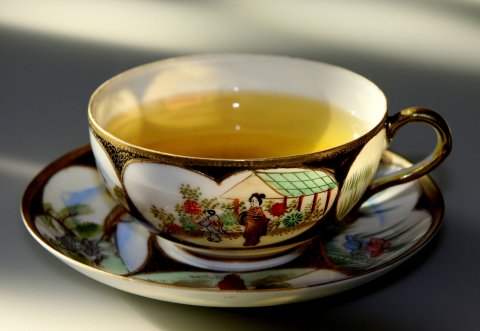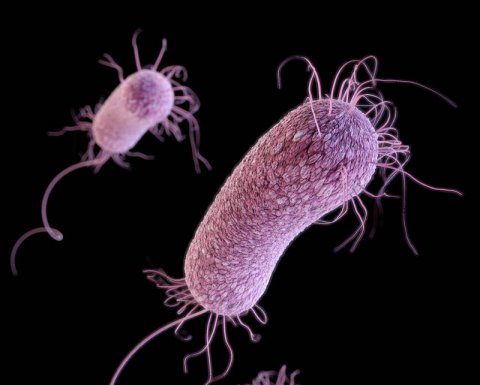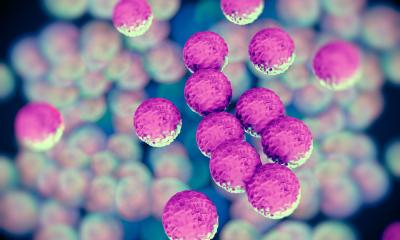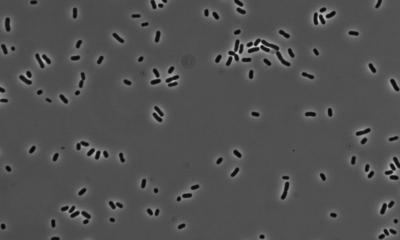News • Hospital microbes
Green tea could reduce antibiotic resistance
Scientists at the University of Surrey have discovered that a natural antioxidant commonly found in green tea can help eliminate antibiotic resistant bacteria. The study found that epigallocatechin (EGCG) can restore the activity of aztreonam, an antibiotic commonly used to treat infections caused by the bacterial pathogen Pseudomonas aeruginosa.

P. aeruginosa is associated with serious respiratory tract and bloodstream infections and in recent years has become resistant to many major classes of antibiotics. Currently a combination of antibiotics is used to fight P. aeruginosa.
However, these infections are becoming increasingly difficult to treat, as resistance to last line antibiotics is being observed.
To assess the synergy of EGCG and aztreonam, researchers conducted in vitro tests to analyse how they interacted with the P. aeruginosa, individually and in combination. The Surrey team found that the combination of aztreonam and EGCG was significantly more effective at reducing P. aeruginosa numbers than either agent alone.
This synergistic activity was also confirmed in vivo using Galleria mellonella (Greater Wax Moth larvae), with survival rates being significantly higher in those treated with the combination than those treated with EGCG or aztreonam alone. Furthermore, minimal to no toxicity was observed in human skin cells and in Galleria mellonella larvae.
Researchers believe that in P. aeruginosa, EGCG may facilitate increased uptake of aztreonam by increasing permeability in the bacteria. Another potential mechanism is EGCG's interference with a biochemical pathway linked to antibiotic susceptibility.

Lead author Dr Jonathan Betts, Senior Research Fellow in the School of Veterinary Medicine at the University of Surrey, said:
"Antimicrobial resistance (AMR) is a serious threat to global public health. Without effective antibiotics, the success of medical treatments will be compromised. We urgently need to develop novel antibiotics in the fight against AMR. Natural products such as EGCG, used in combination with currently licenced antibiotics, may be a way of improving their effectiveness and clinically useful lifespan."
Professor Roberto La Ragione, Head of the Department of Pathology and Infectious Diseases in the School of Veterinary Medicine at the University of Surrey, said:
"The World Health Organisation has listed antibiotic resistant Pseudomonas aeruginosa as a critical threat to human health. We have shown that we can successfully eliminate such threats with the use of natural products, in combination with antibiotics already in use. Further development of these alternatives to antibiotics may allow them to be used in clinical settings in the future."
Recommended article

News • Brewing up brain benefits
Drinking tea improves brain health
A recent study led by Assistant Professor Feng Lei from the National University of Singapore (NUS) Yong Loo Lin School of Medicine’s Department of Psychological Medicine revealed that regular tea drinkers have better organised brain regions – and this is associated with healthy cognitive function – compared to non-tea drinkers. The research team made this discovery after examining…
26.09.2019





